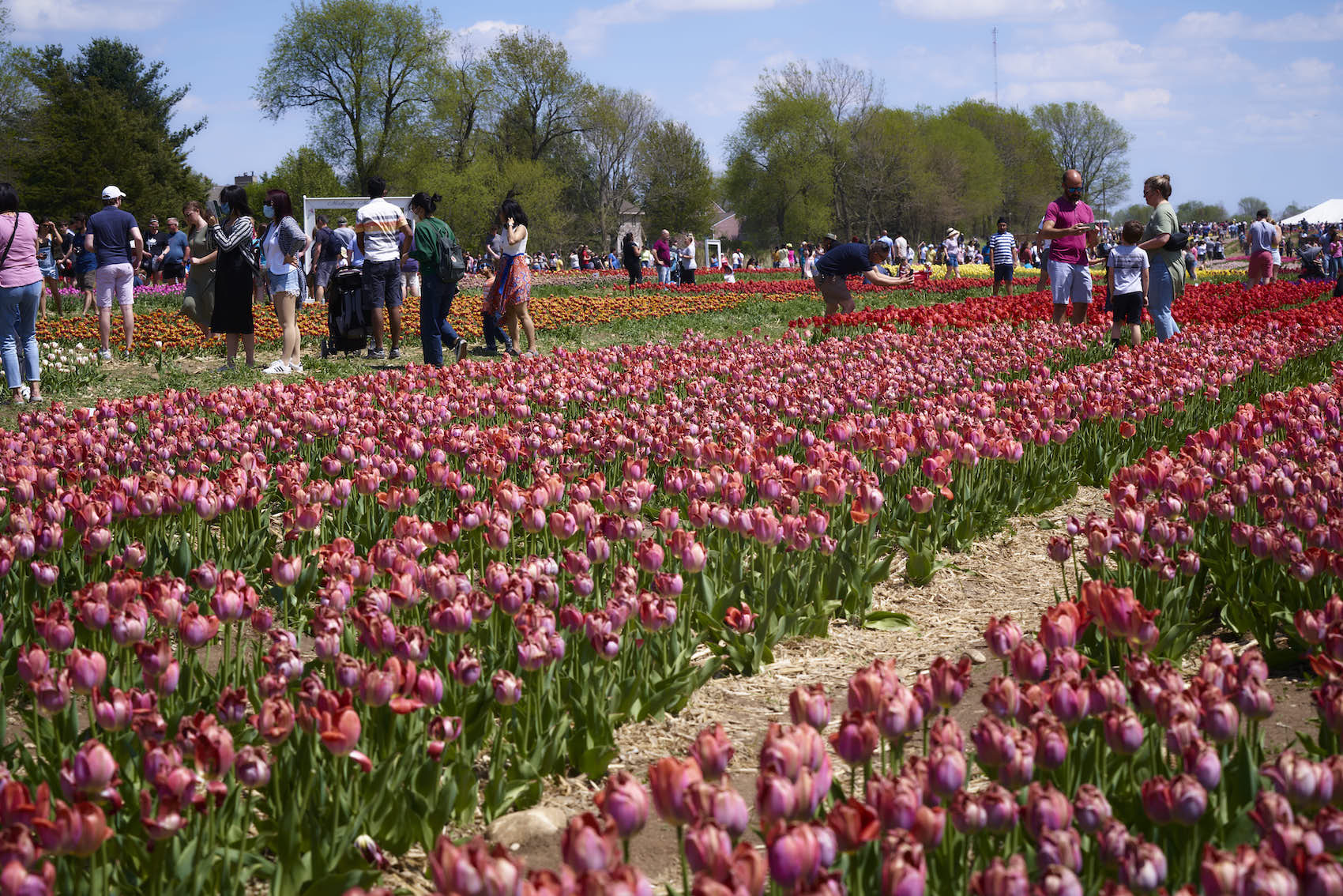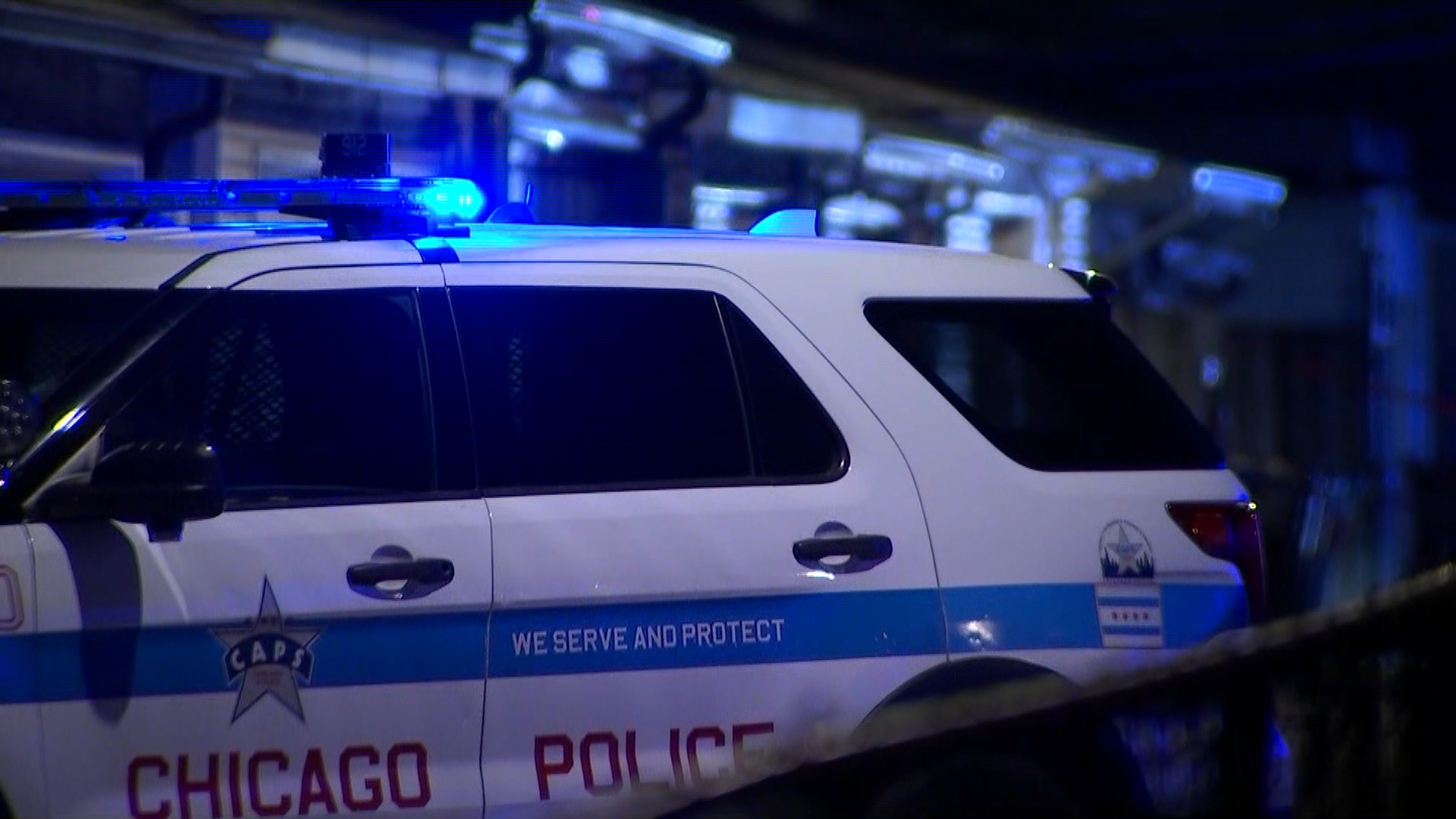Chicago's top doctor said Thursday that the average number of new COVID-19 cases in the city is rising, giving some insight into what officials believe is driving the spread as she noted that current increases are different from previous surges in some aspects .
Chicago Department of Public Health Commissioner Dr. Allison Arwady said during a Facebook Live broadcast on Thursday that COVID-19 "numbers are continuing to rise without any sign of decrease at this point," warning that the metrics are "heading the wrong way."
The average number of new COVID-19 cases diagnosed each day in Chicago was up 45% this week from the previous week, data shows. The seven-day rolling average number of new COVID-19 cases in Chicago stood at 542 as of Thursday, up nearly half again from the prior week when that figure stood at 373, according to the city's data dashboard.
That increase came even as testing was down 2%, according to the city. The rolling average positivity rate also increased to 4.7% from 3.4% the week prior, according to the city. That data is reported on a delay of a few days to smooth out short-term fluctuations that may arise and due to a lag in reporting times, the city says.
Feeling out of the loop? We'll catch you up on the Chicago news you need to know. Sign up for the weekly Chicago Catch-Up newsletter here.
Arwady said there are multiple factors that officials believe are driving the rise in metrics.
"Our team has been doing a lot of looking at this, what is driving this and it's multifactorial, but one is certainly variants and I want to be very clear that we are absolutely detecting more variants here in Chicago, particularly that B117, which was the one that originally emerged in the U.K.," Arwady said, noting that the variant is more contagious.
Arwady said the available vaccines are effective against variants, but added that with a higher spread of the virus, "every new case is an opportunity for a variant to spread or a variant to emerge."
Local
She added that even more than variants, case investigators have been finding in contact tracing that over the last month or so, people who have tested positive for COVID-19 are reporting far more contacts with other people than they were in previous months of the pandemic.
"The number of contacts that people are reporting is way up because people are doing more high-risk gathering and that's happening both in private homes, to an extent it's happening in public settings, people are gathering with friends, with family, sometimes that's in bars and restaurants, sometimes that's in other settings," Arwady said. "We've seen a number of outbreaks associated with sporting events. You've heard us talking about this but just emphasizing that's the difference."
Arwady also said that Chicago officials have seen, using cell phone movement data, that more people are moving around during the evening hours of the day.
"We look at cell phone movement patterns across the city and how those change, how they compare to where we were last year, we even look at during times in the day and we are still seeing more Chicagoans staying home, particularly during the daytime, more people still working from home. But what we've seen, just over these last few weeks, is in those evening hours, many, many more people out and about and moving around," Arwady said.
"I think this just reflects that people are excited for the warm weather, feeling good about vaccine and I think just sort of wishing that COVID was over," she said, adding that the city was concerned about a surge in Michigan and that it appeared Chicago was "on a similar trajectory."
Arwady highlighted a few aspects of the recent increases that have differed from previous surges, in particular the demographics of new cases and where they are occurring.
Arwady said 18-to-29-year-olds are "very, very disproportionately driving COVID cases," followed by 30-to-39-year-olds and so on, with the fewest average daily new cases reported in the 70-plus age group.
"If there's a group I want to stay flat, it's that oldest, highest-risk group," Arwady said. "Some of that is because we've gotten a lot of vaccination done in that group, some is because I think that group is probably being the most cautious. But, as a reminder, if there are people especially in this 18-to-40 group, please, please, lots of caution if you're going to be seeing anybody in the older group, or anybody with underlying conditions."
Arwady also noted that two ZIP codes saw the most newly diagnosed COVID cases in the past week: 60614 and 60657, both of which were seeing a positivity rate between 6% and 7%. Those areas on the city's North Side have "historically... not been the major site of where we've seen a lot of new COVID cases," Arwady said.
She pointed to 60639 and 60627 as previous hotspots for coronavirus spread that now have case numbers and positivity rates below the areas currently seeing a surge.
Chicago Mayor Lori Lightfoot earlier this week said the city had seen a "quantum leap" in the number of new COVID-19 cases since three weeks prior and that any further loosening of restrictions would be paused as a result.
“We’re concerned, (because) we have over 400, almost 500 new cases on average as of today. That is a quantum leap from where we were even three weeks ago,” Lightfoot said Wednesday. “That is concerning, and that is obviously dictating that we have to proceed with caution. We’re not going to see anything more significant on the reopening front until we see those numbers stabilize and start to come down.”
Lightfoot on Monday said the city is "not out of the woods yet by a long shot."
"Right now we are seeing a troubling uptick in our case positivity and daily case rates," Lightfoot said. "So to everyone listening right now and especially to our young people: Please continue to remain vigilant and keep your guard up."
"The actions that you take now will impact what we can all do in the future. We don't want to be forced to take any steps back, or worse, close those things down because we haven't done what is necessary now to remain diligent. COVID-19 is still here, it is still killing people in our city every single day. So we have got to remain diligent," she continued.



